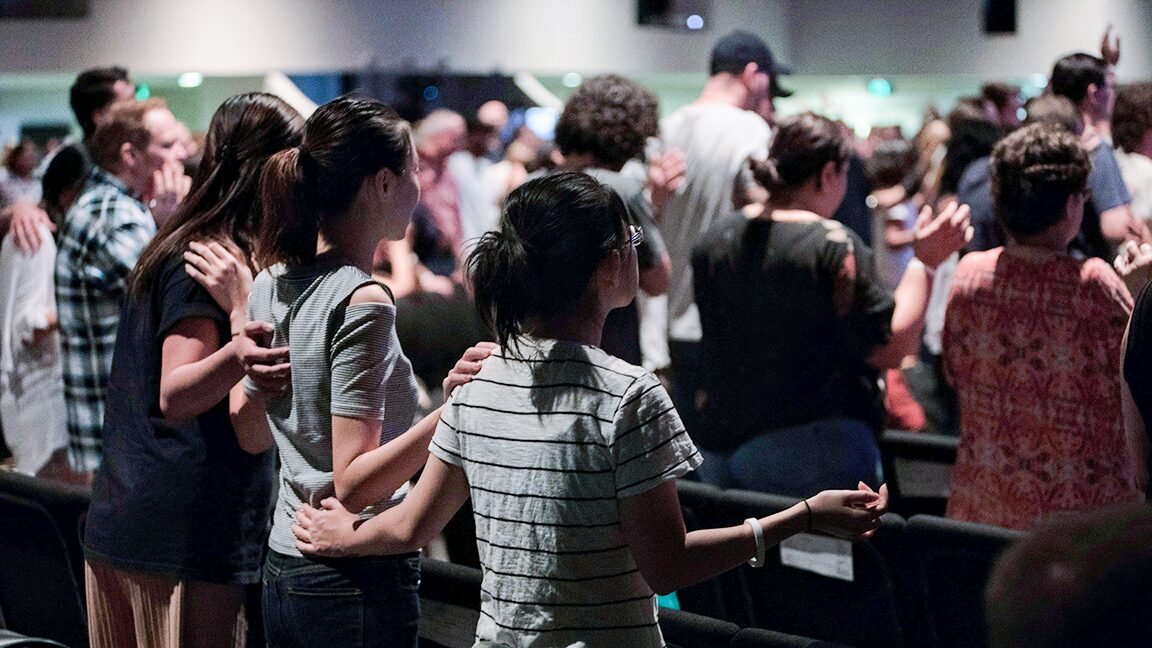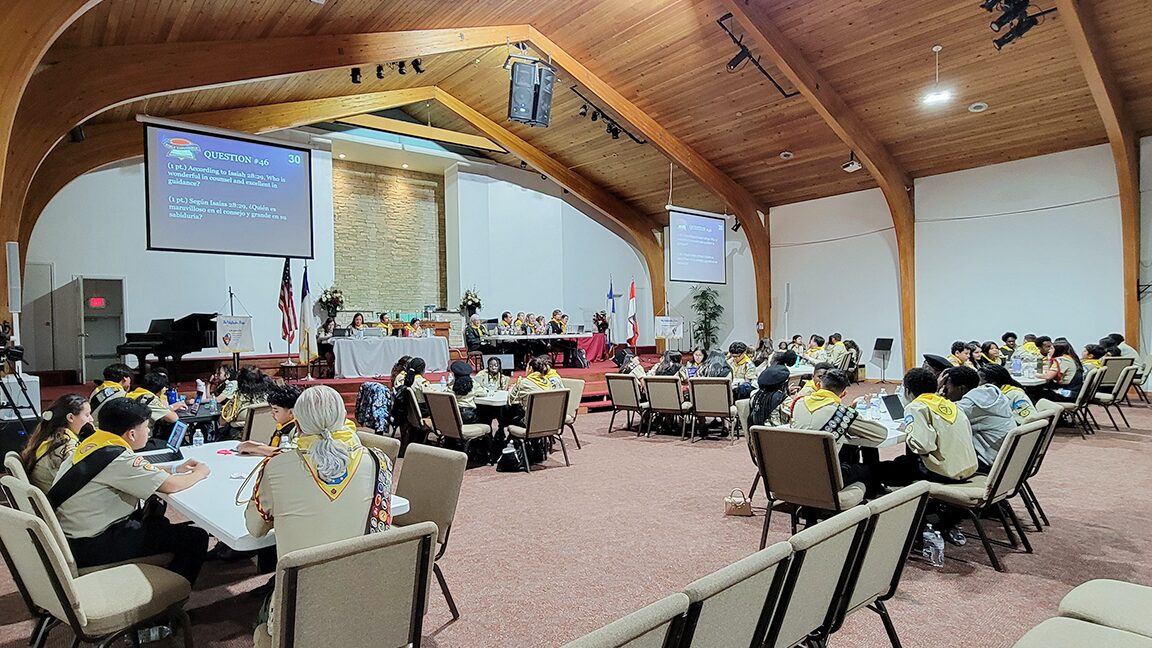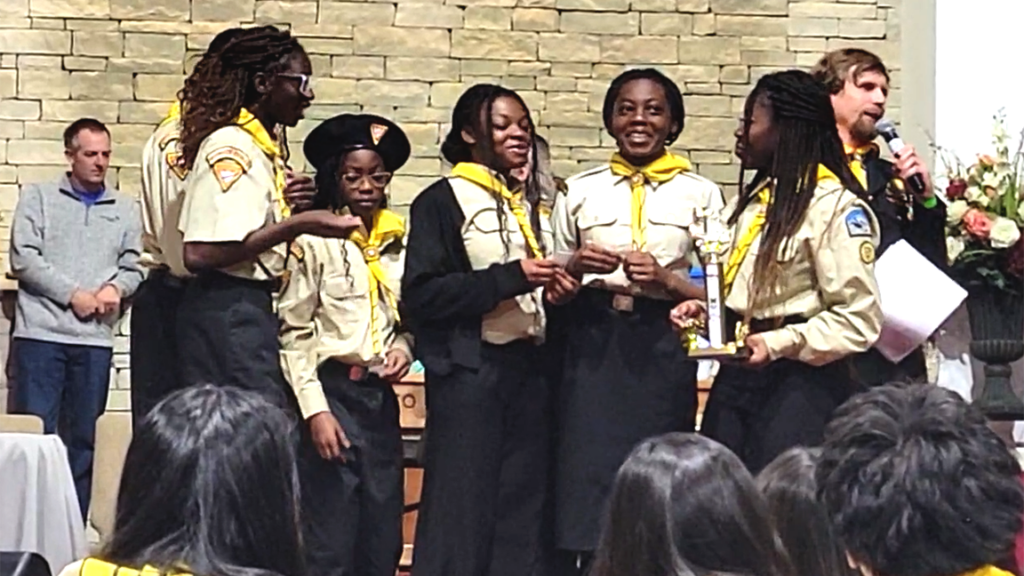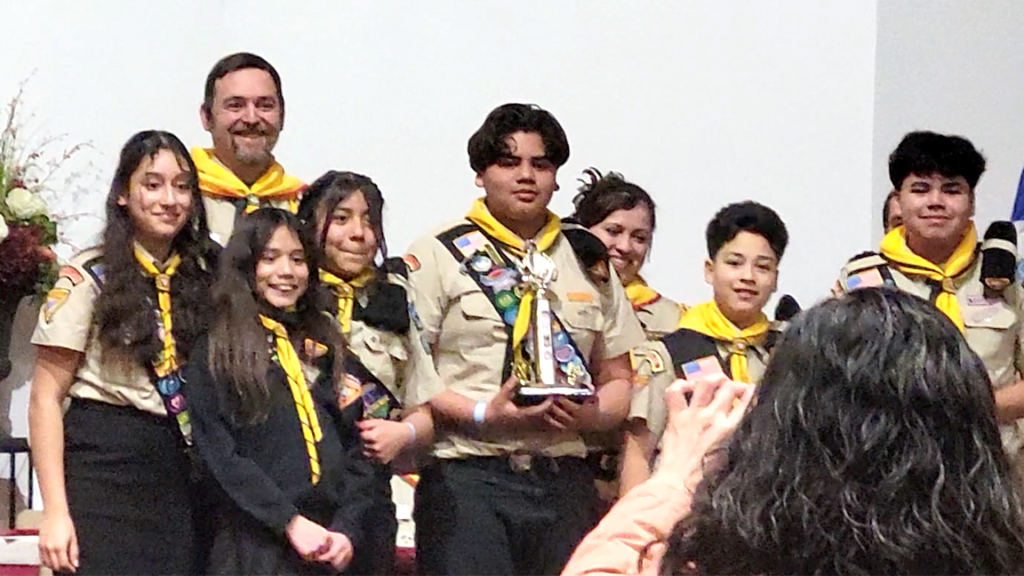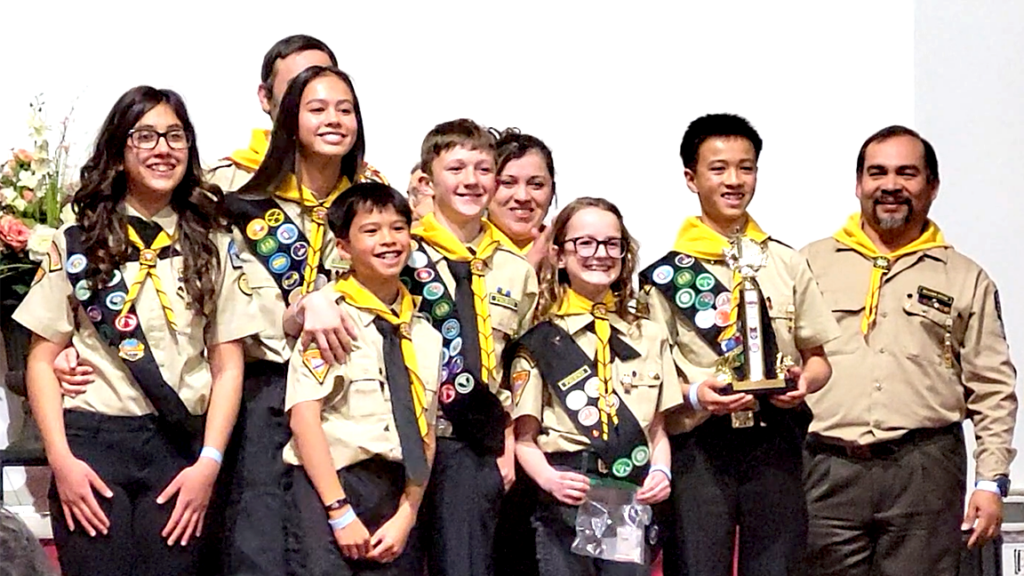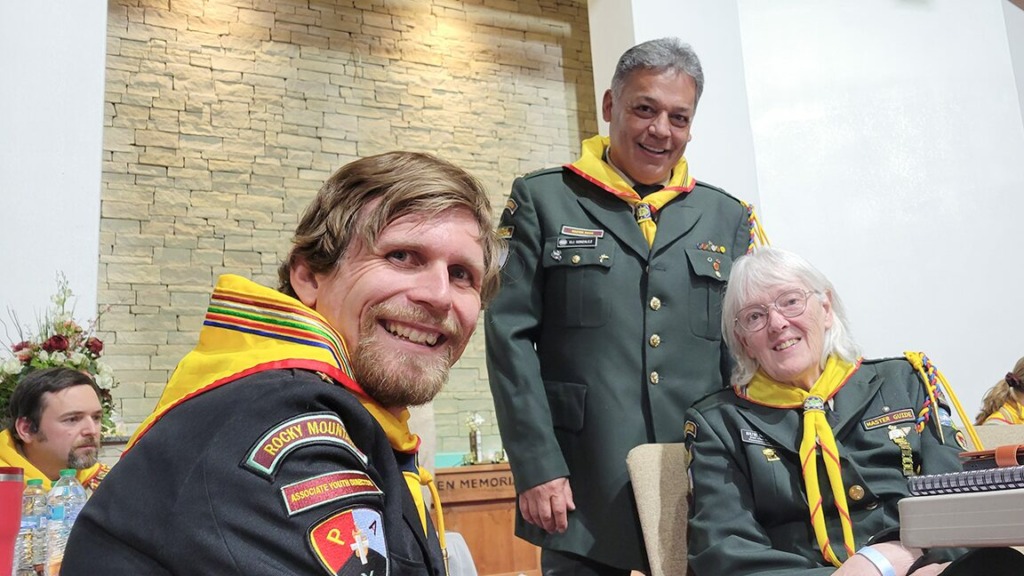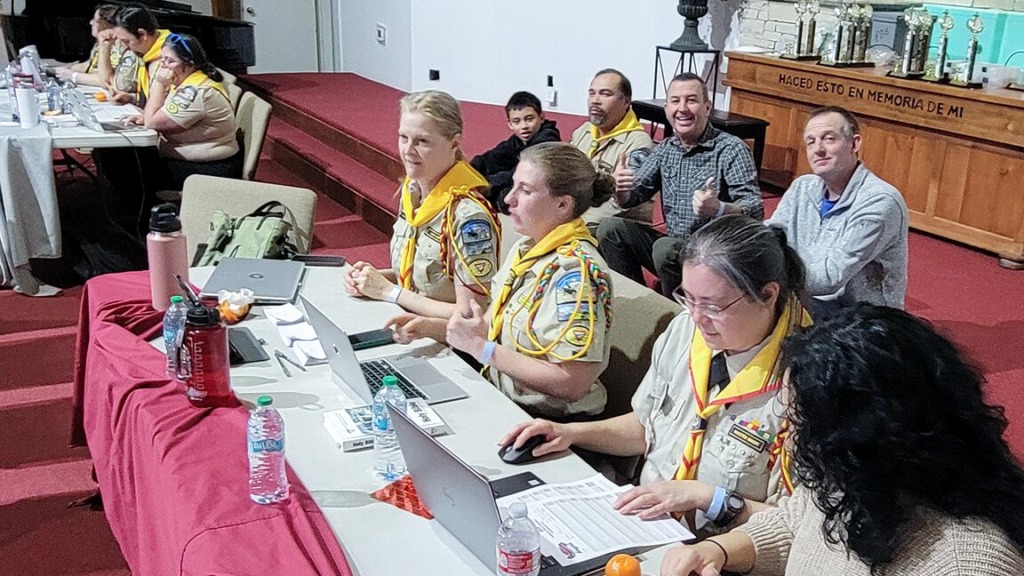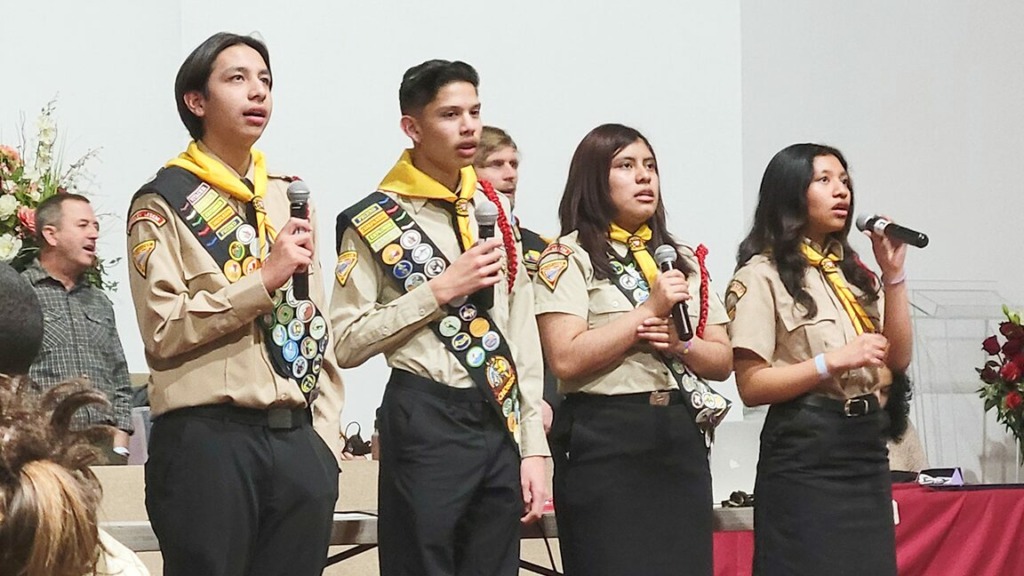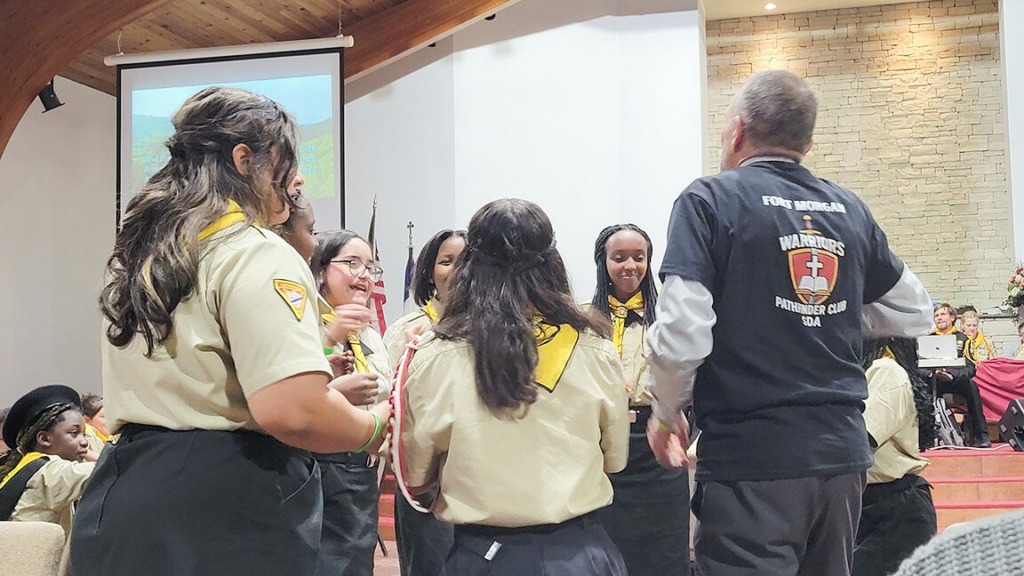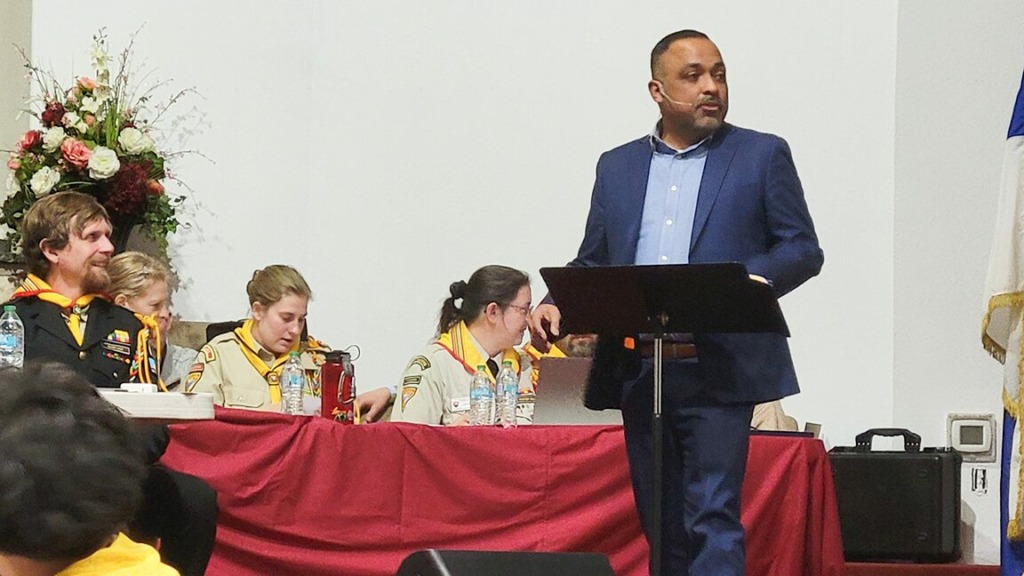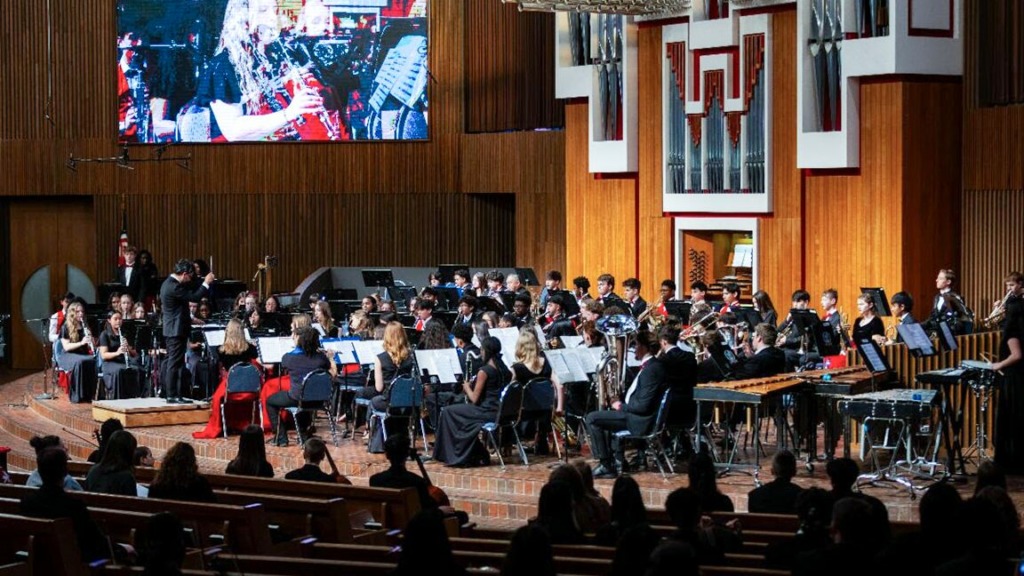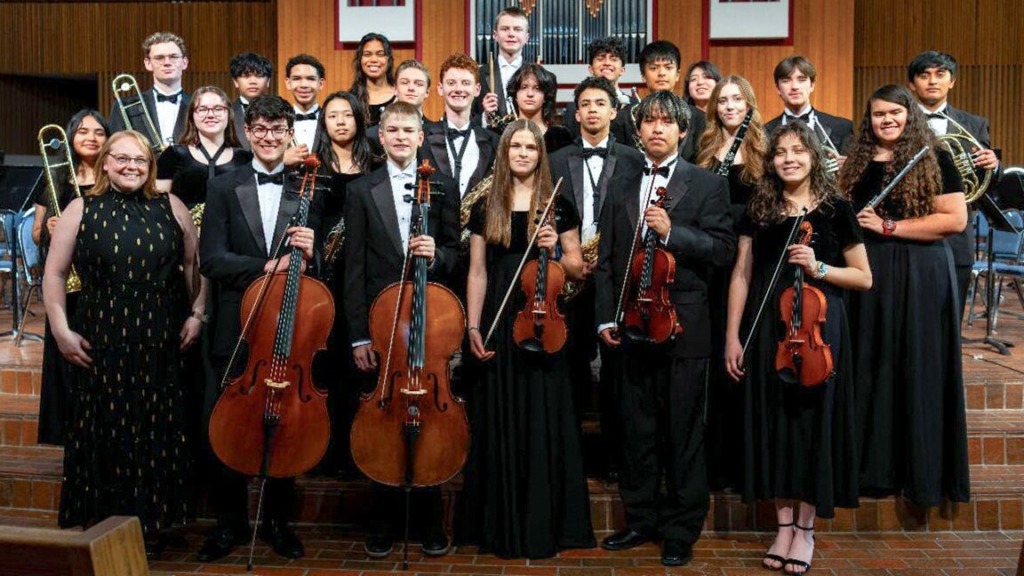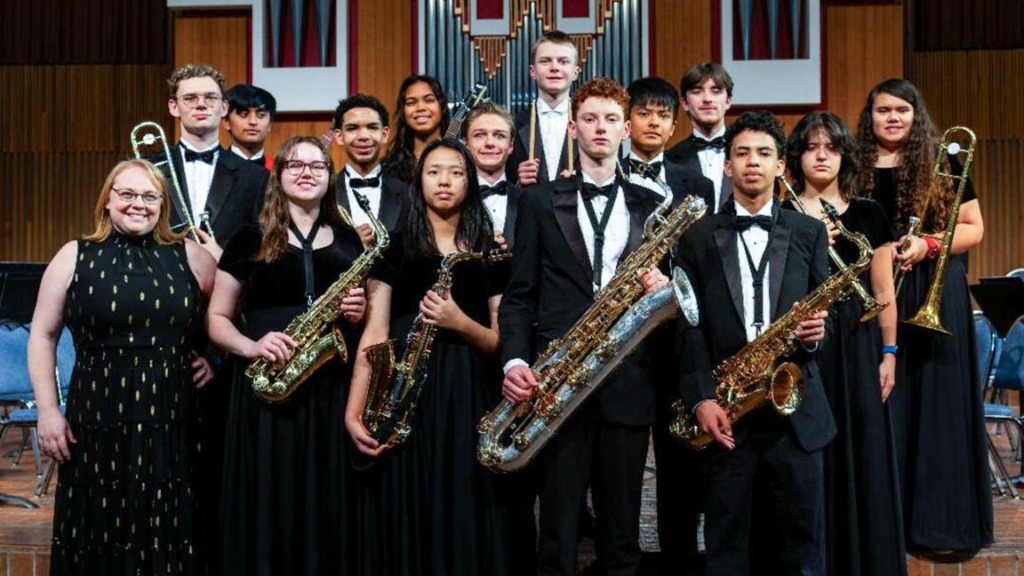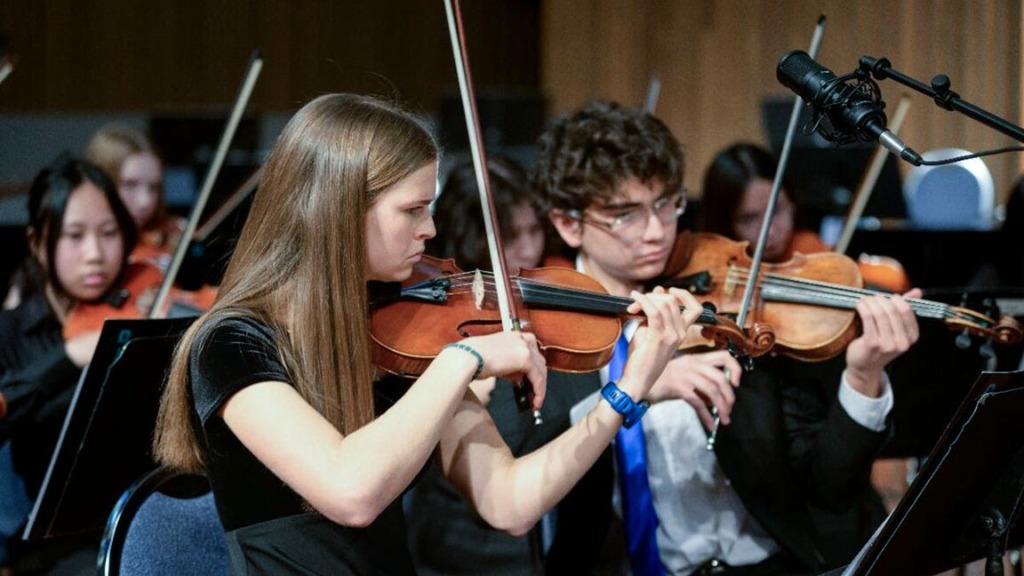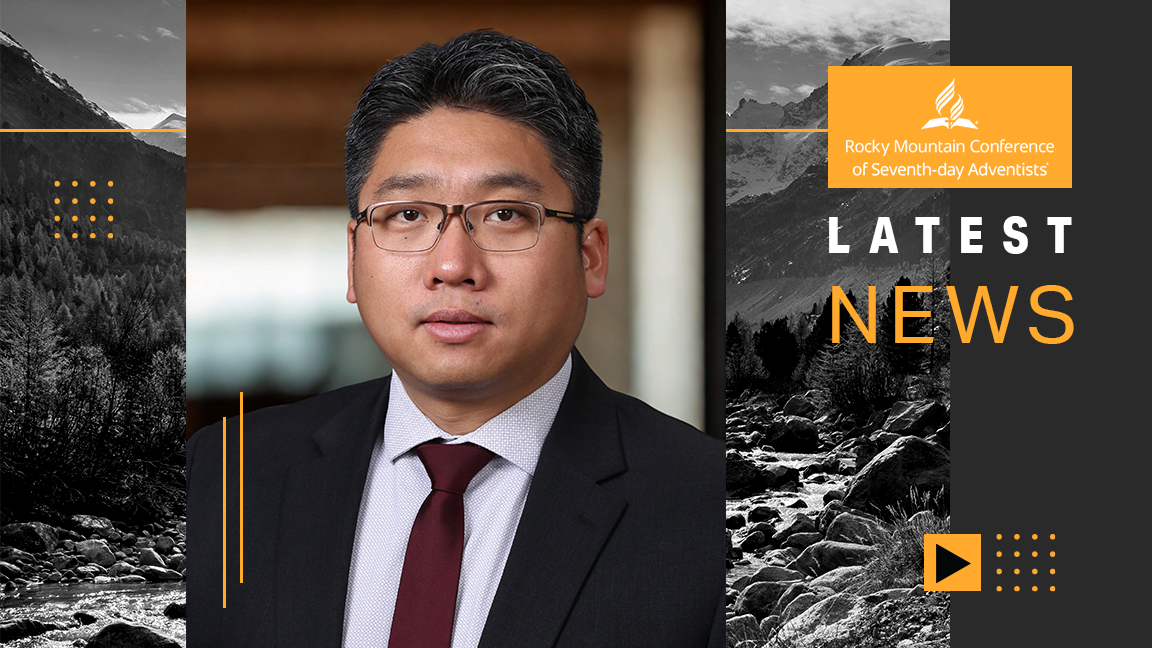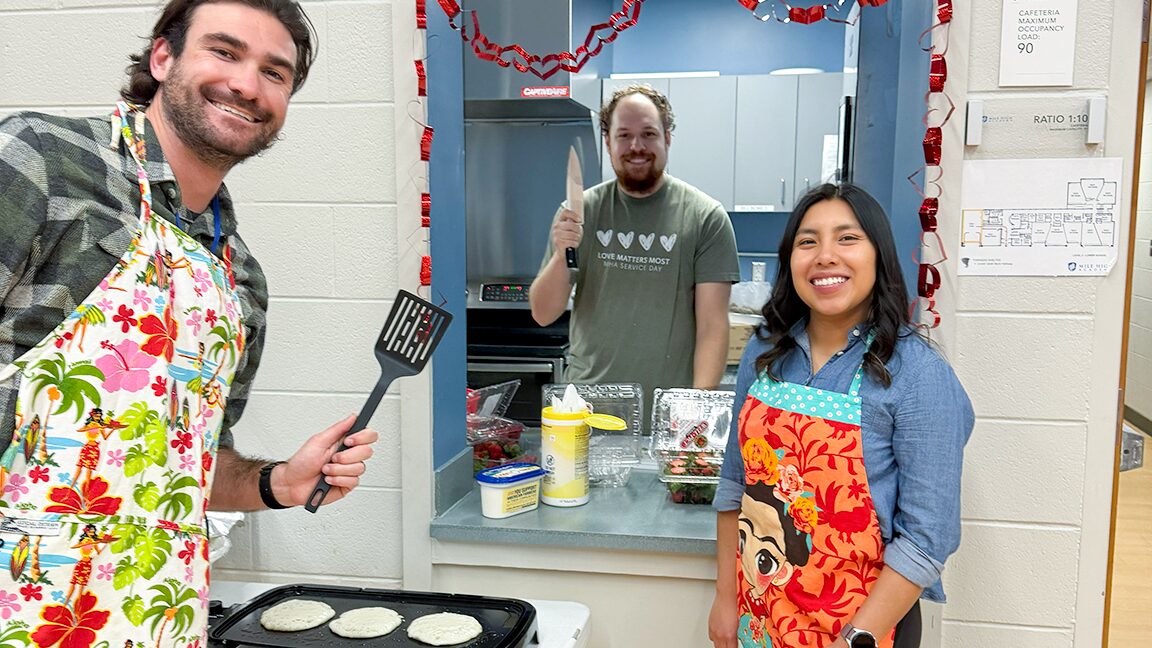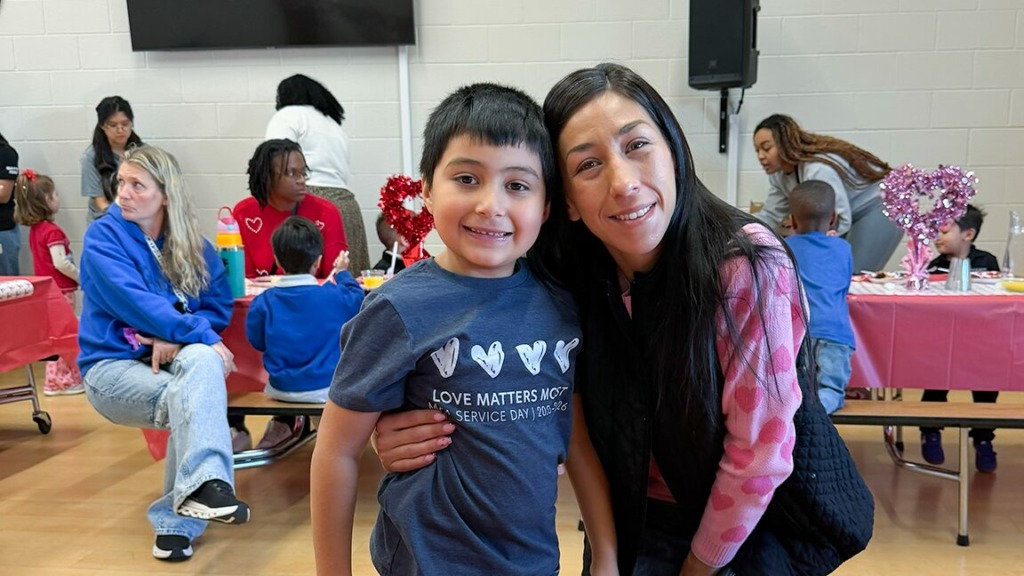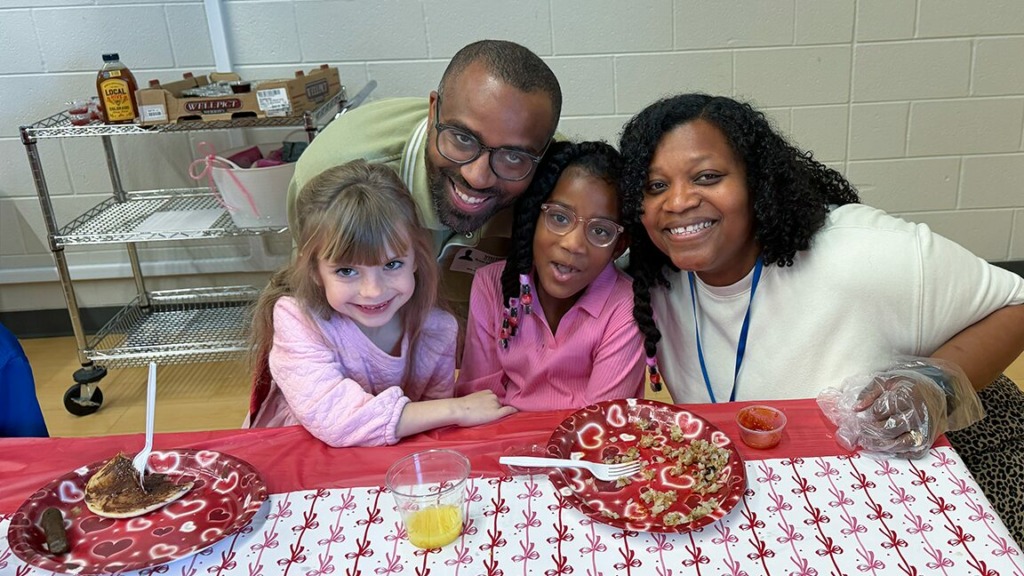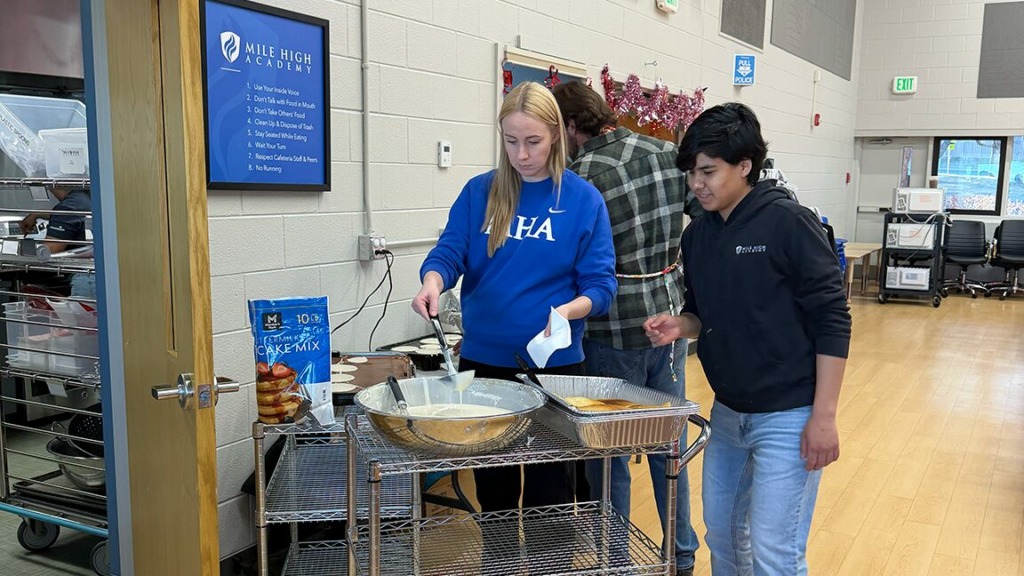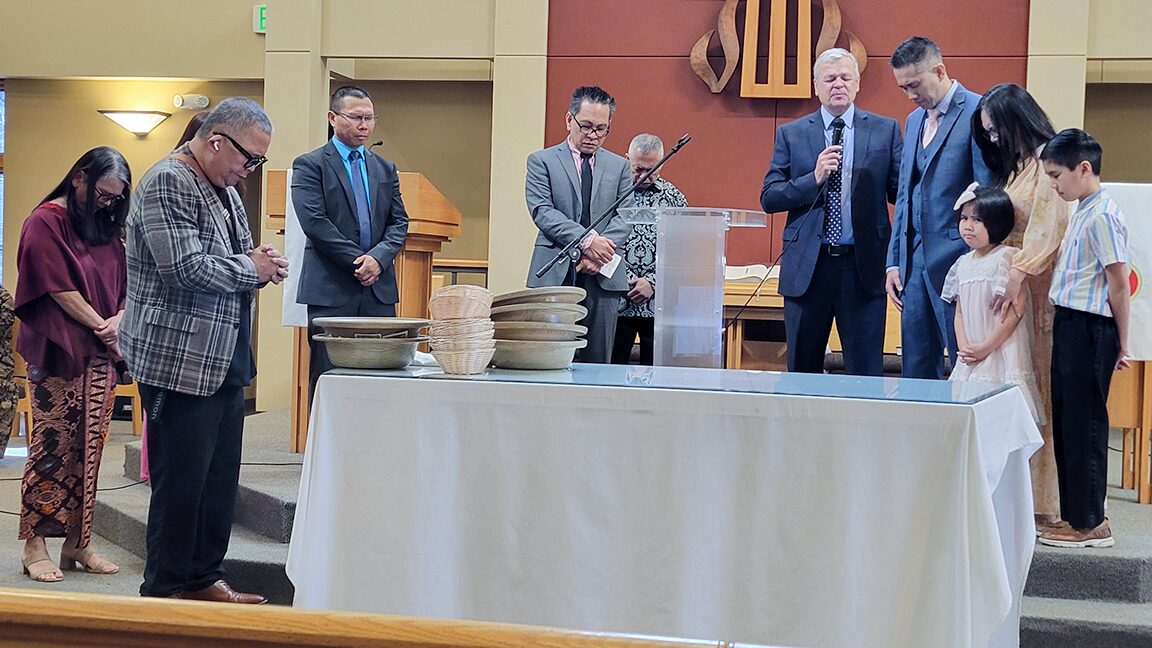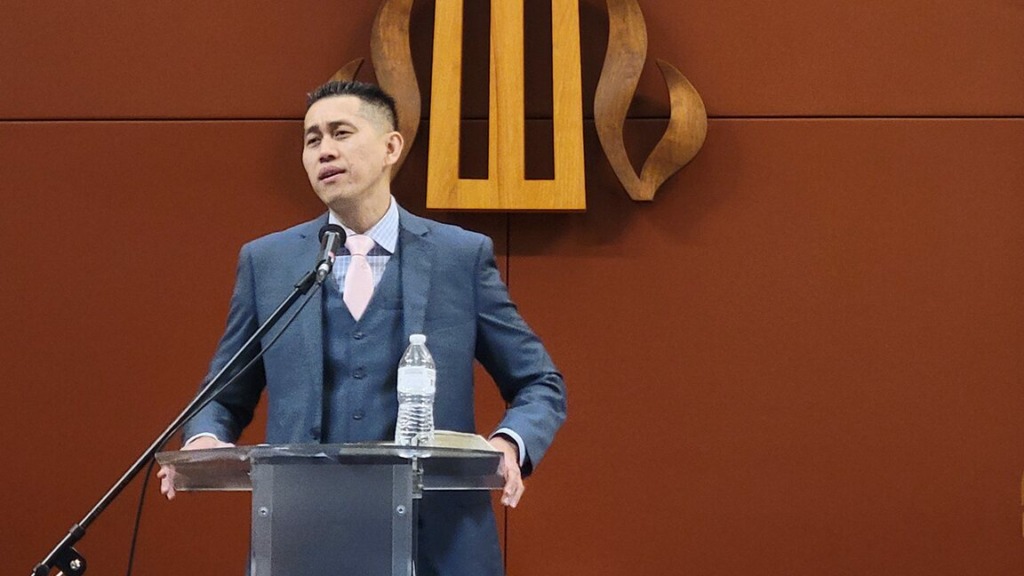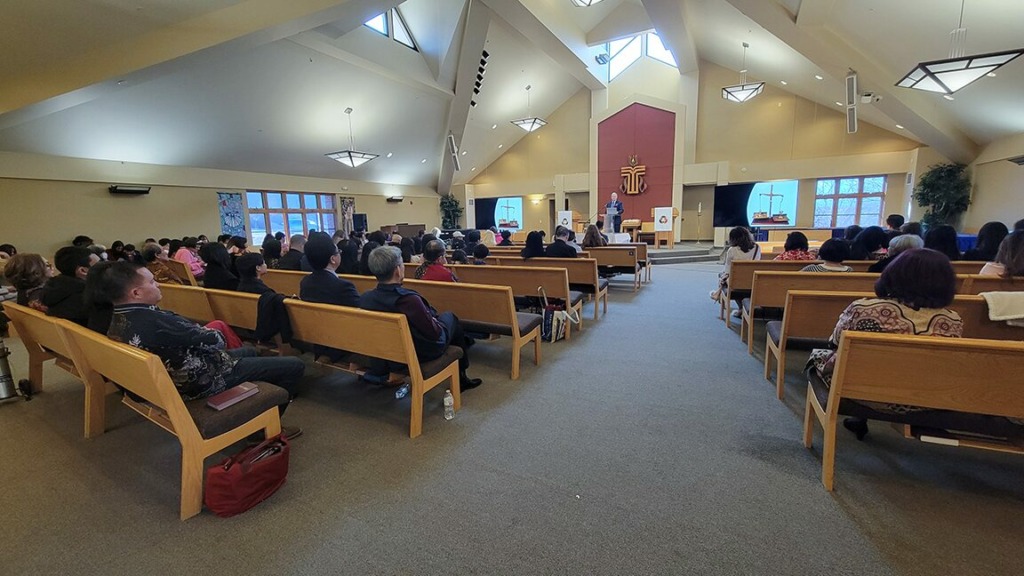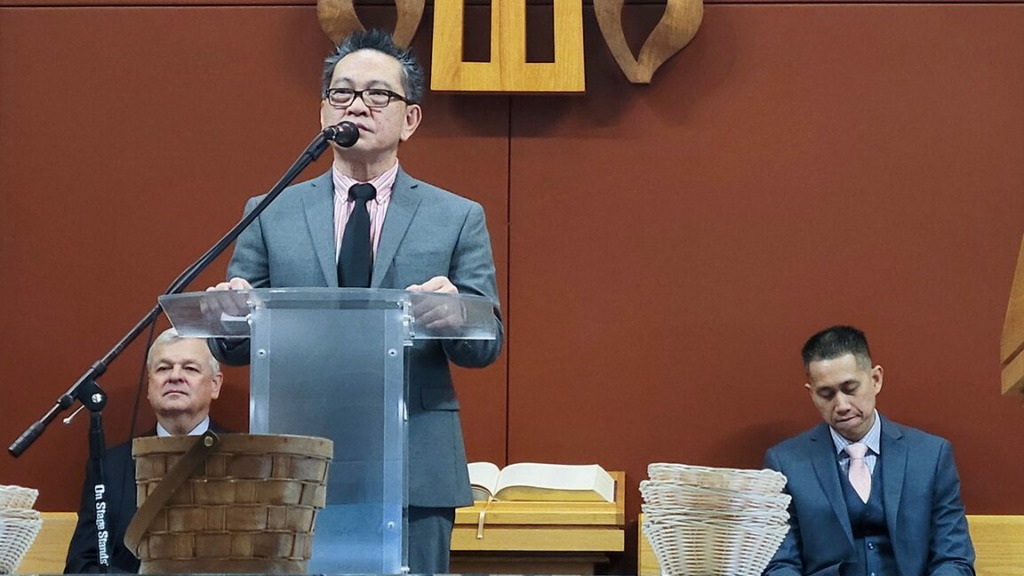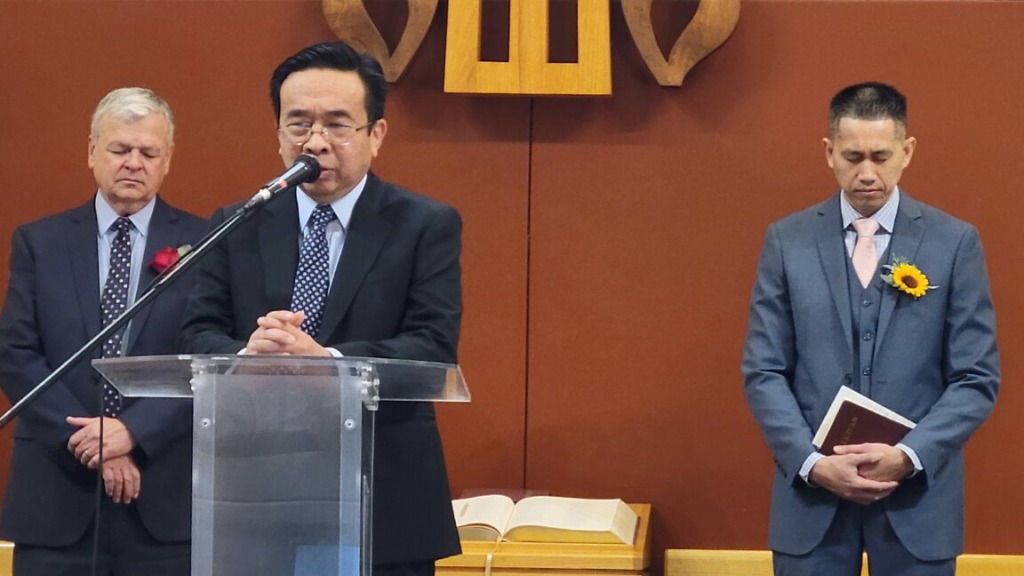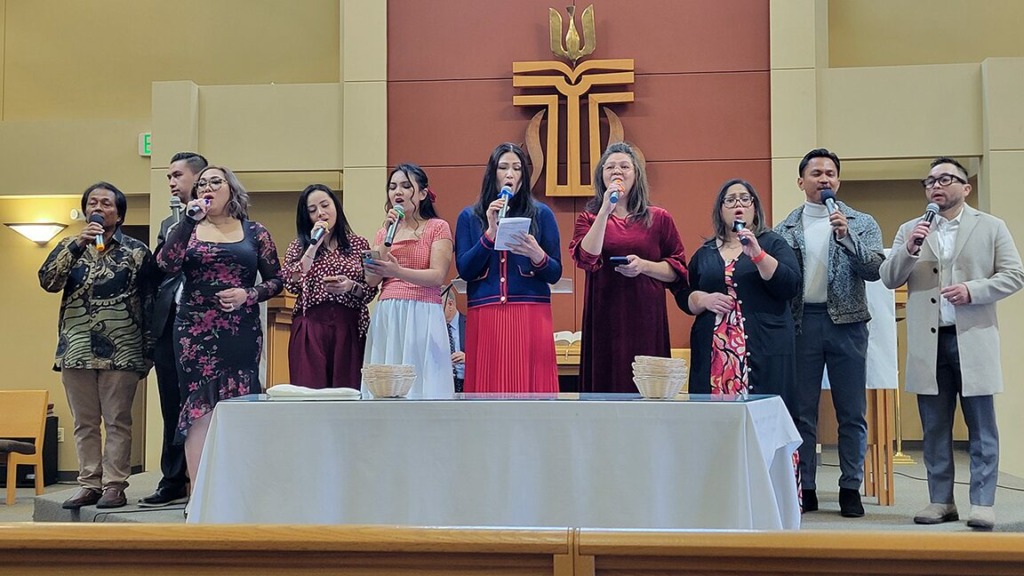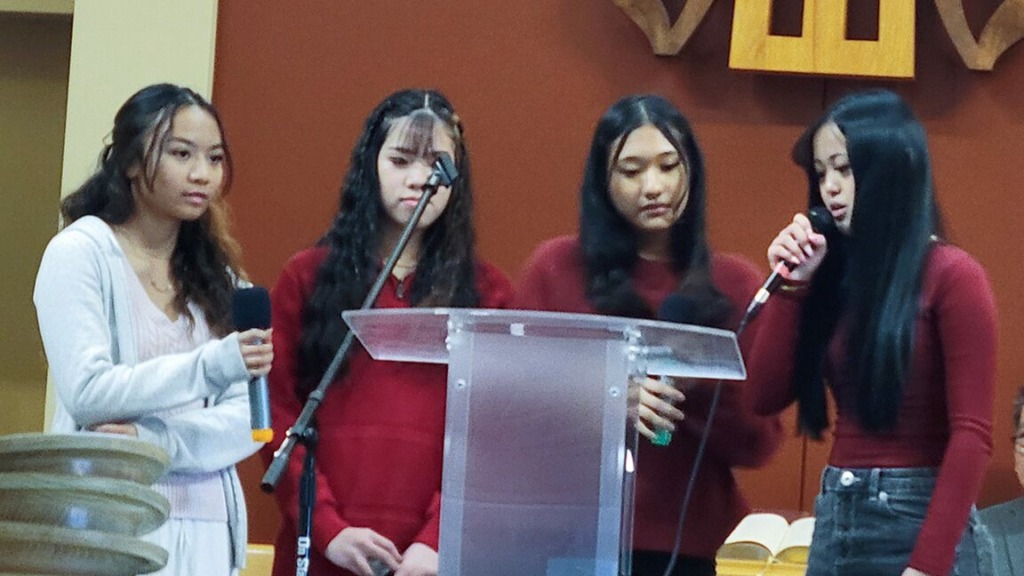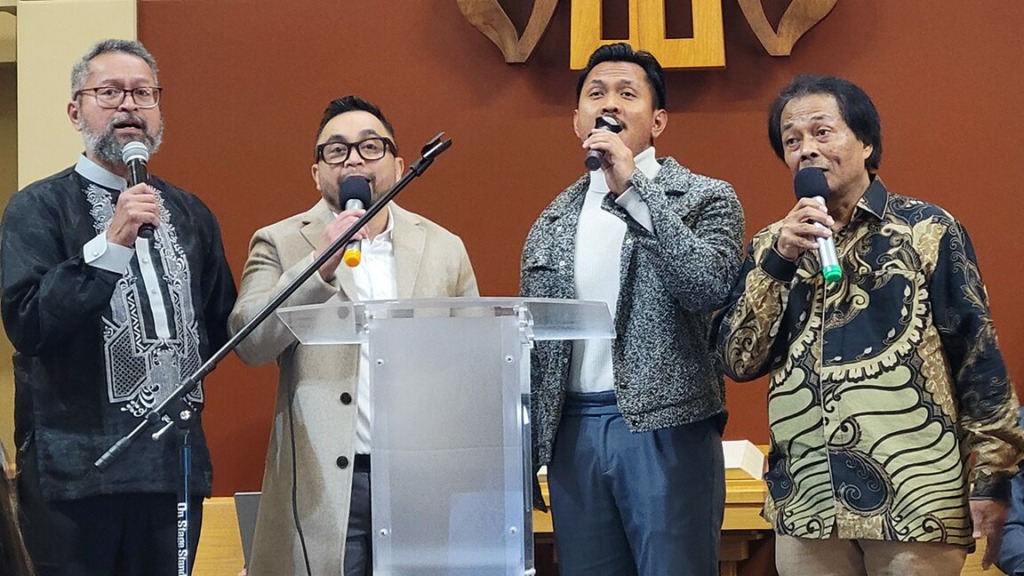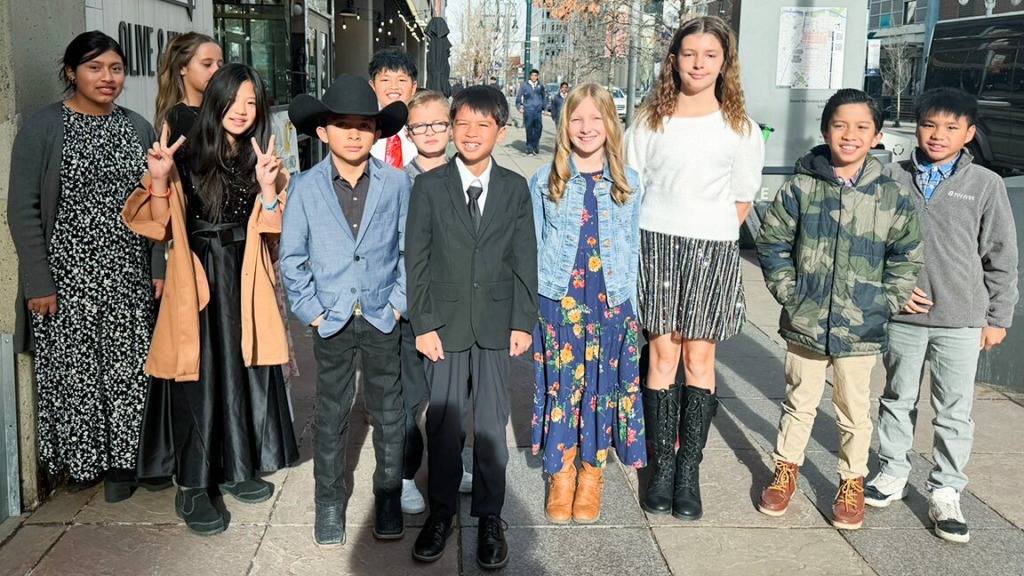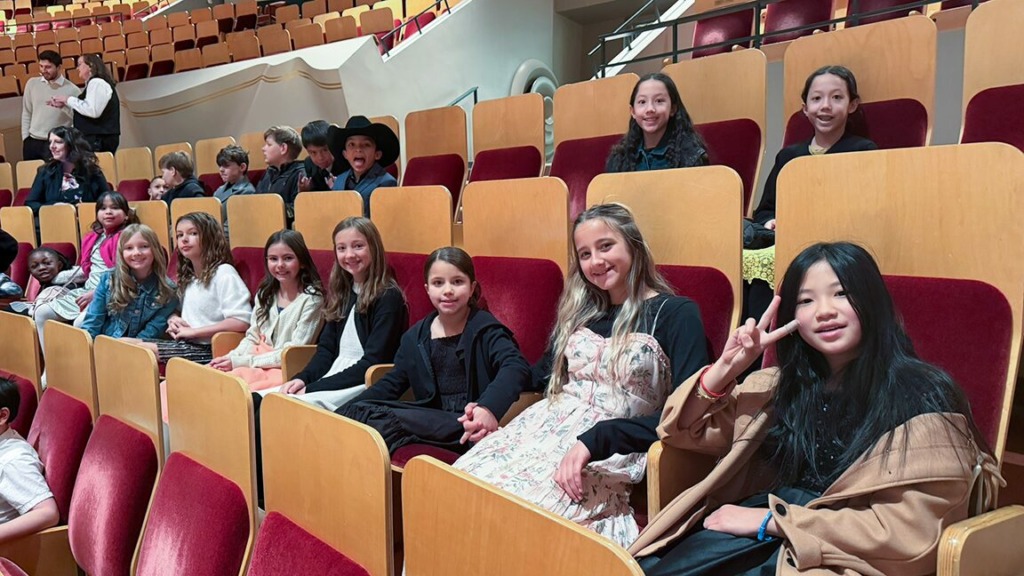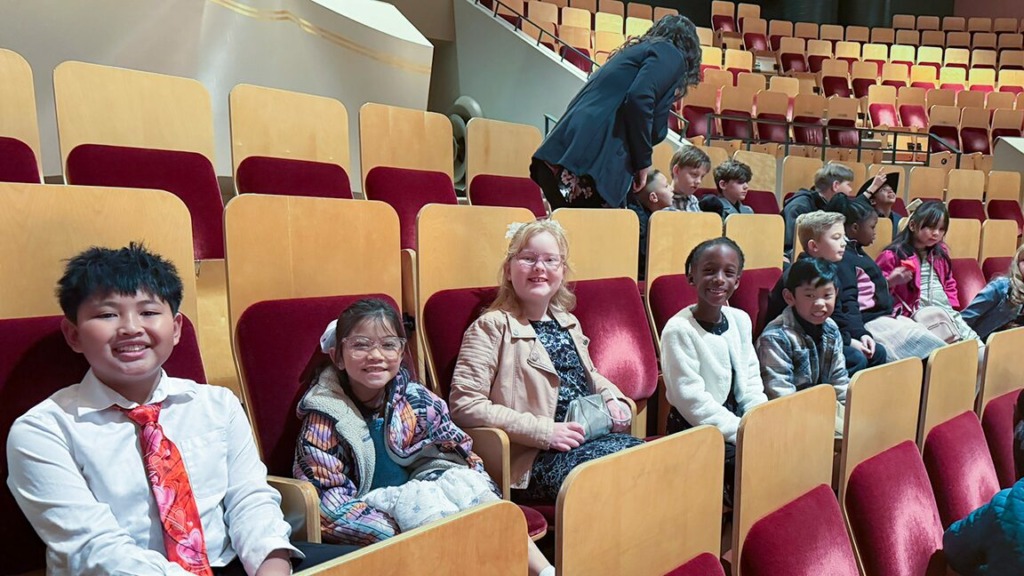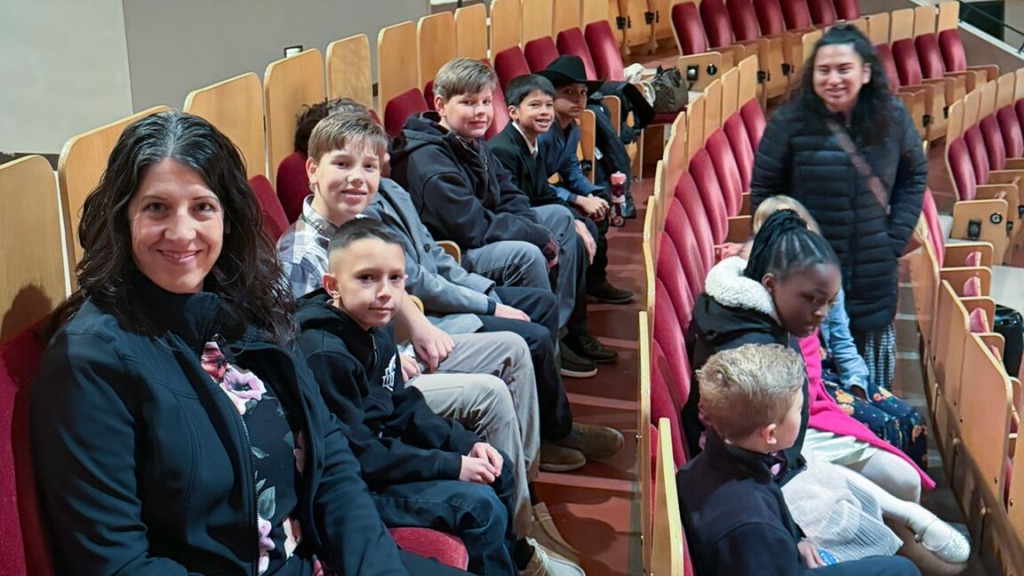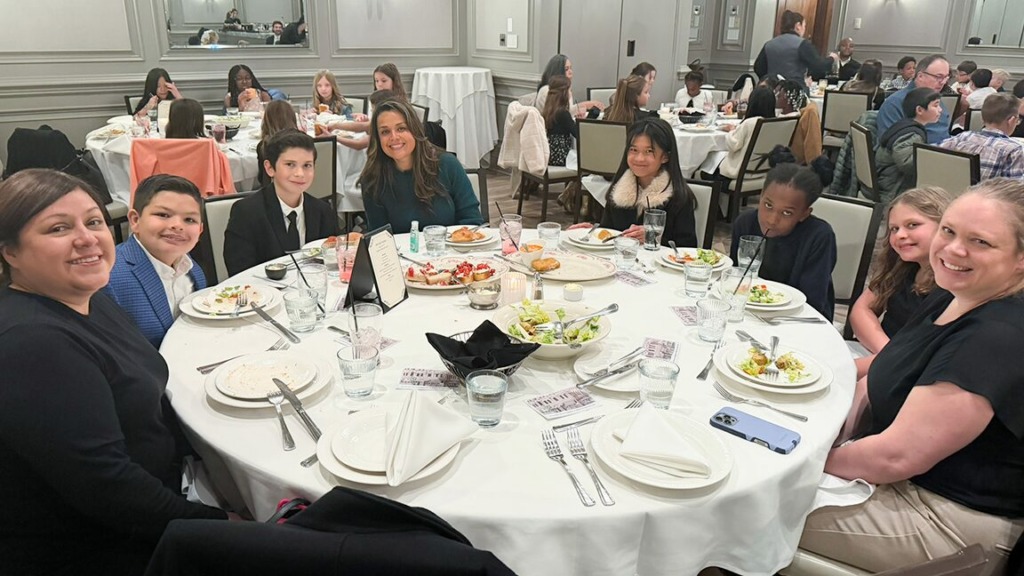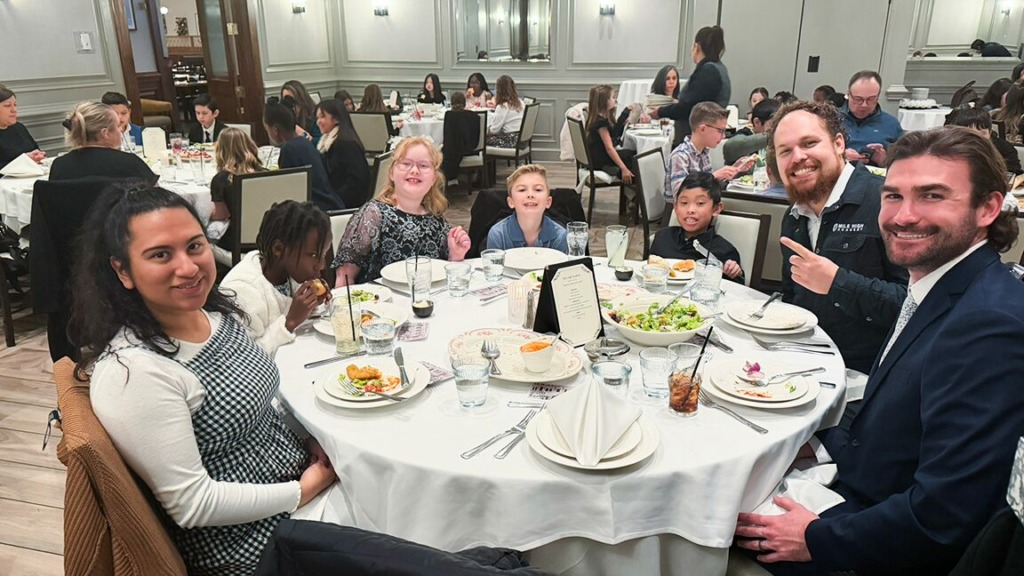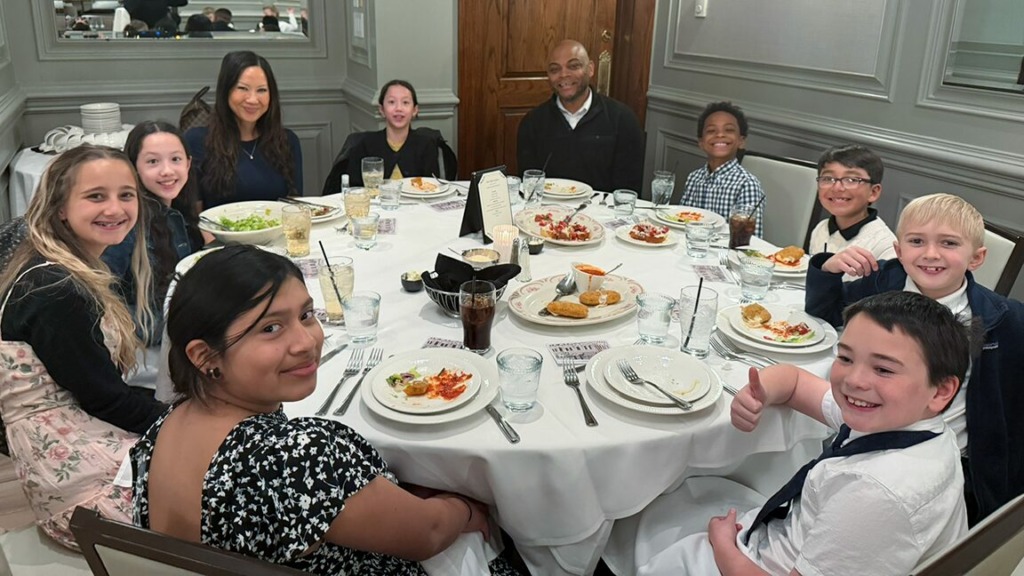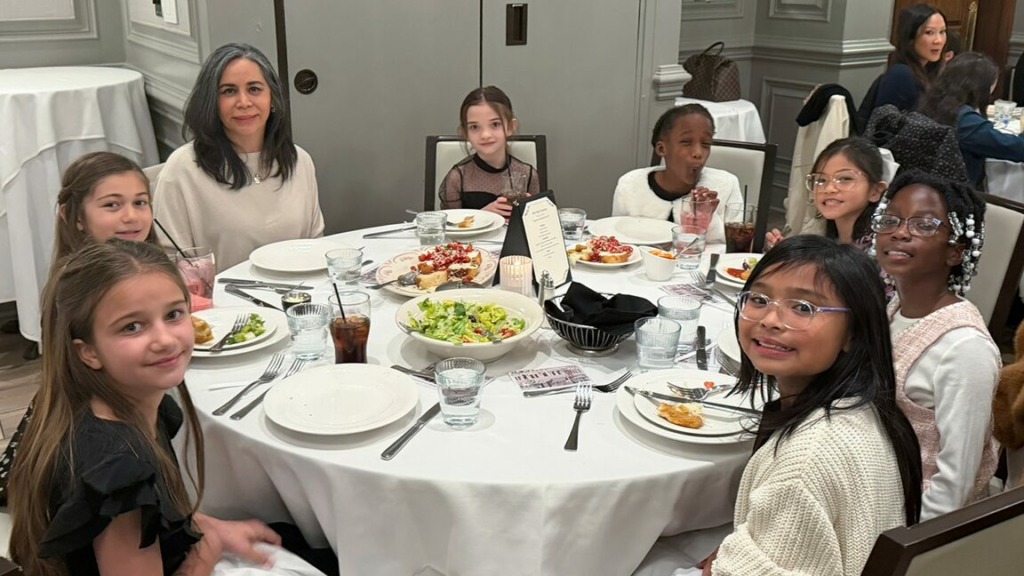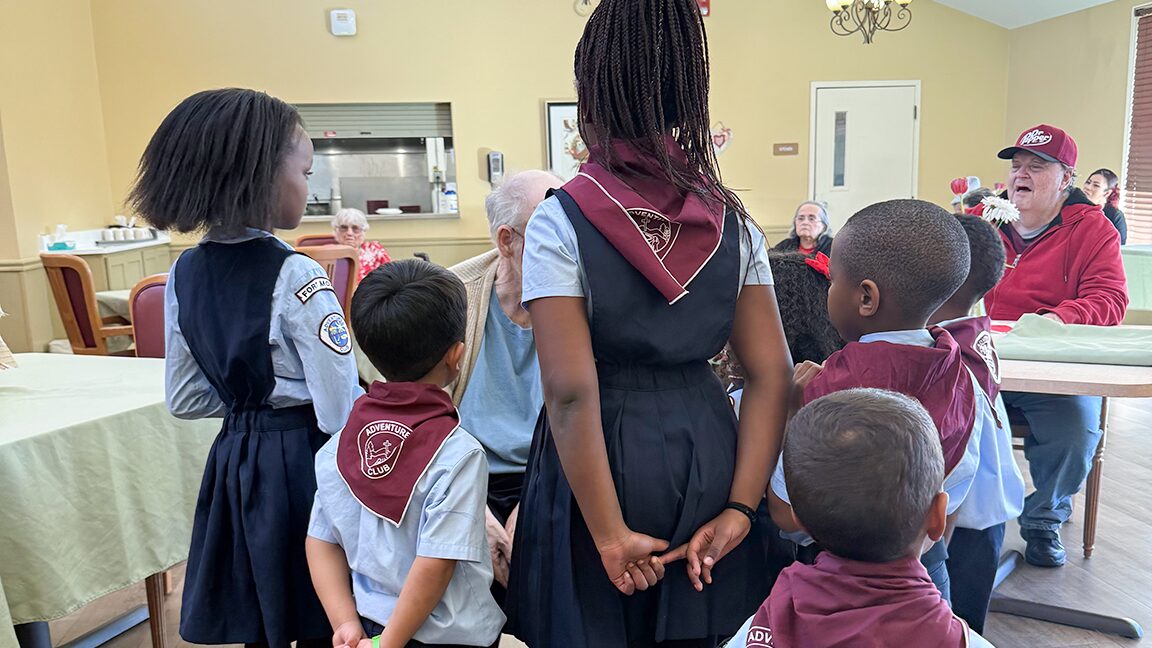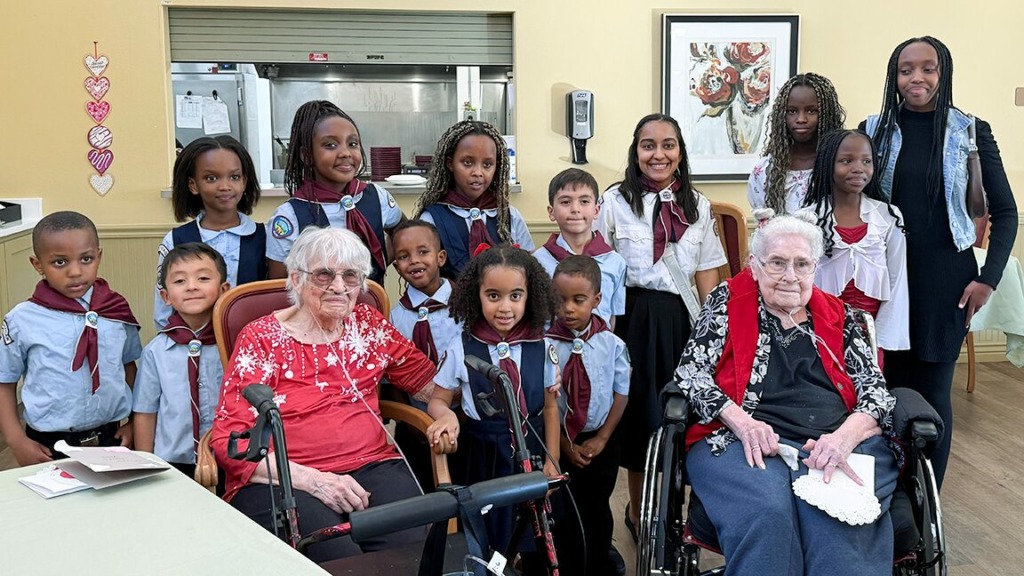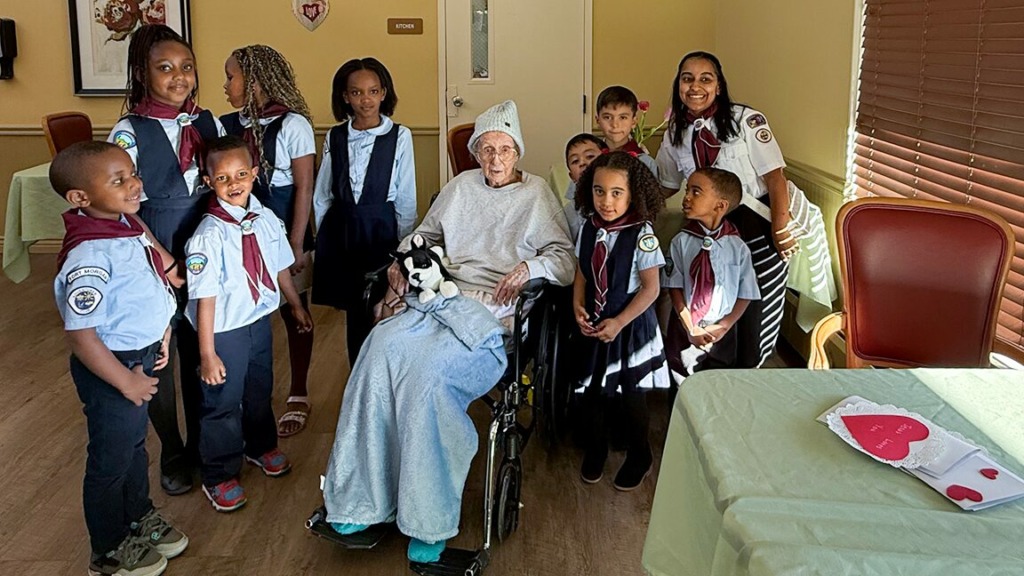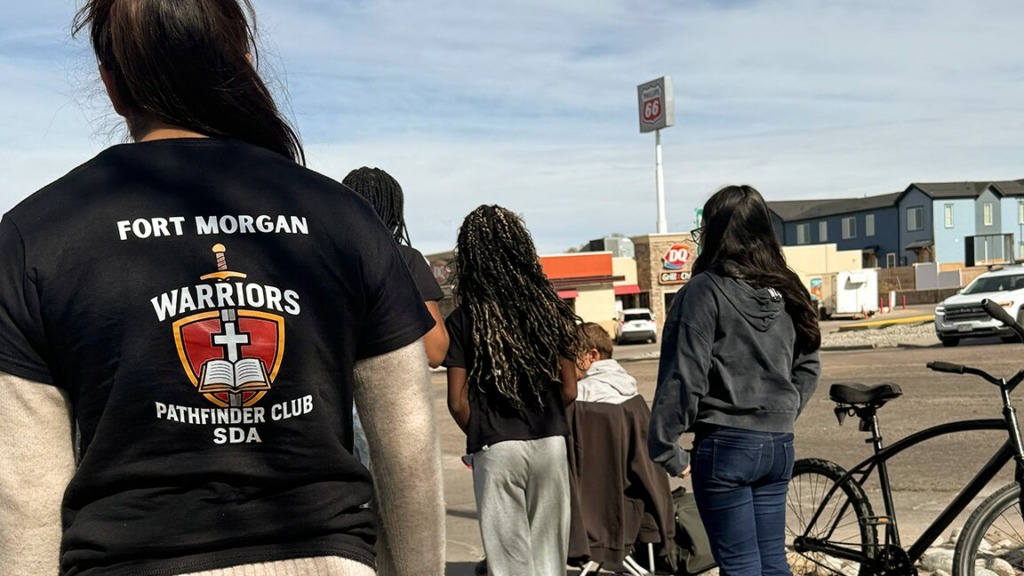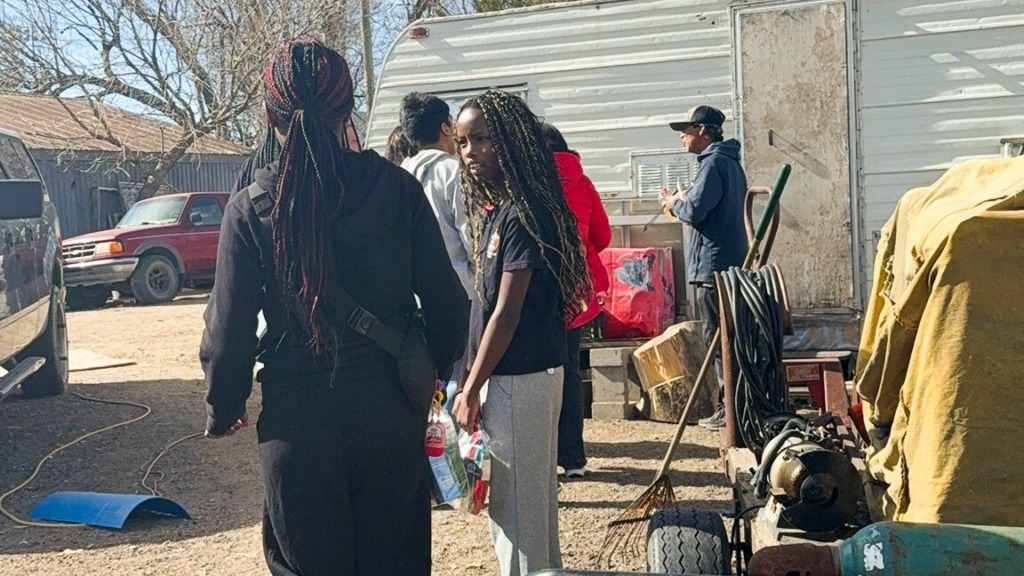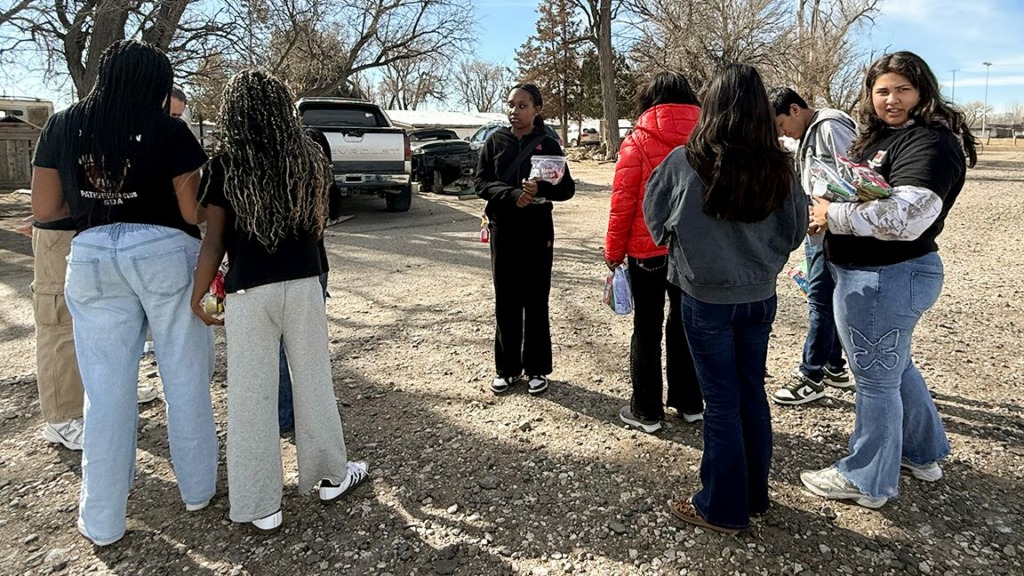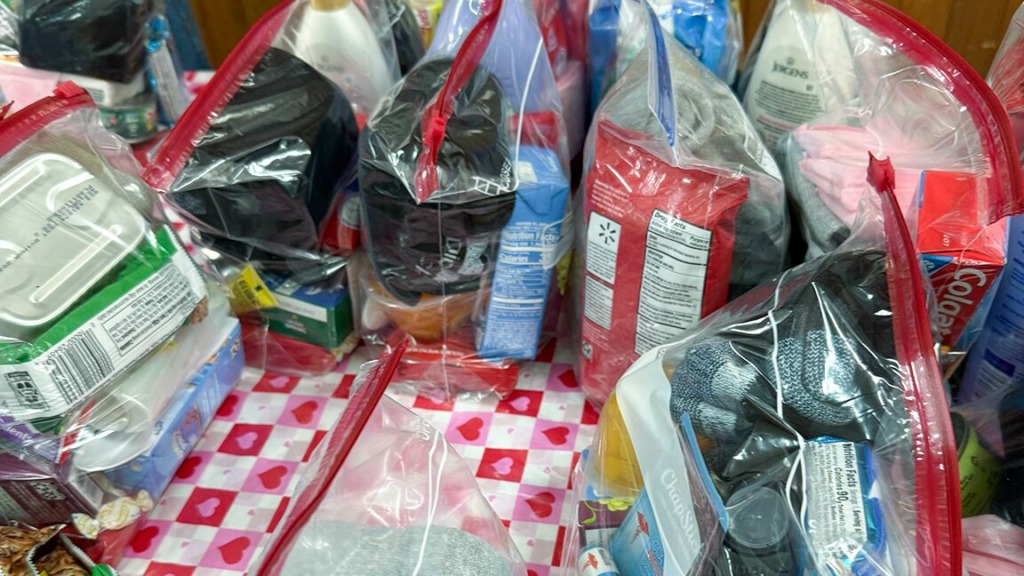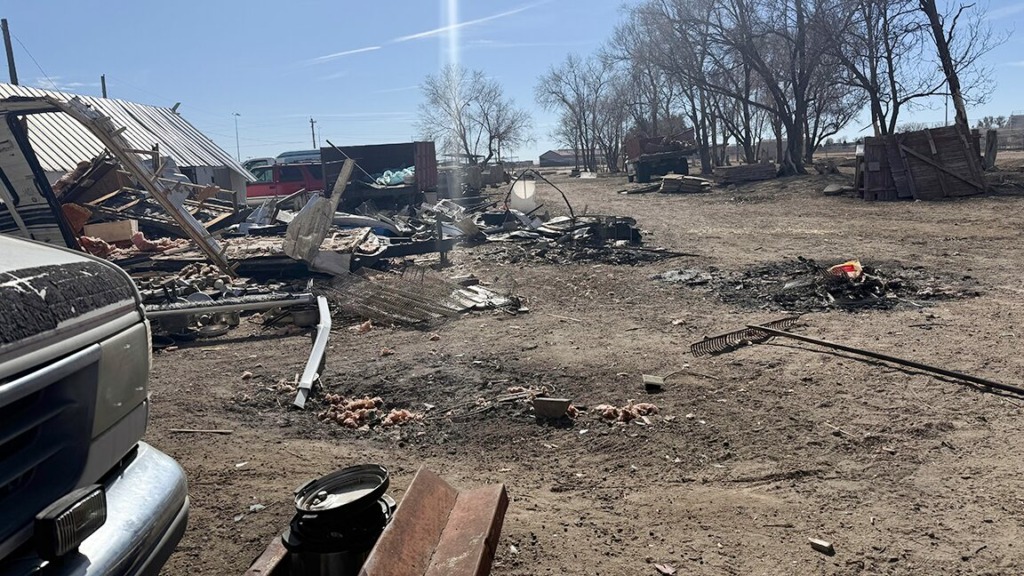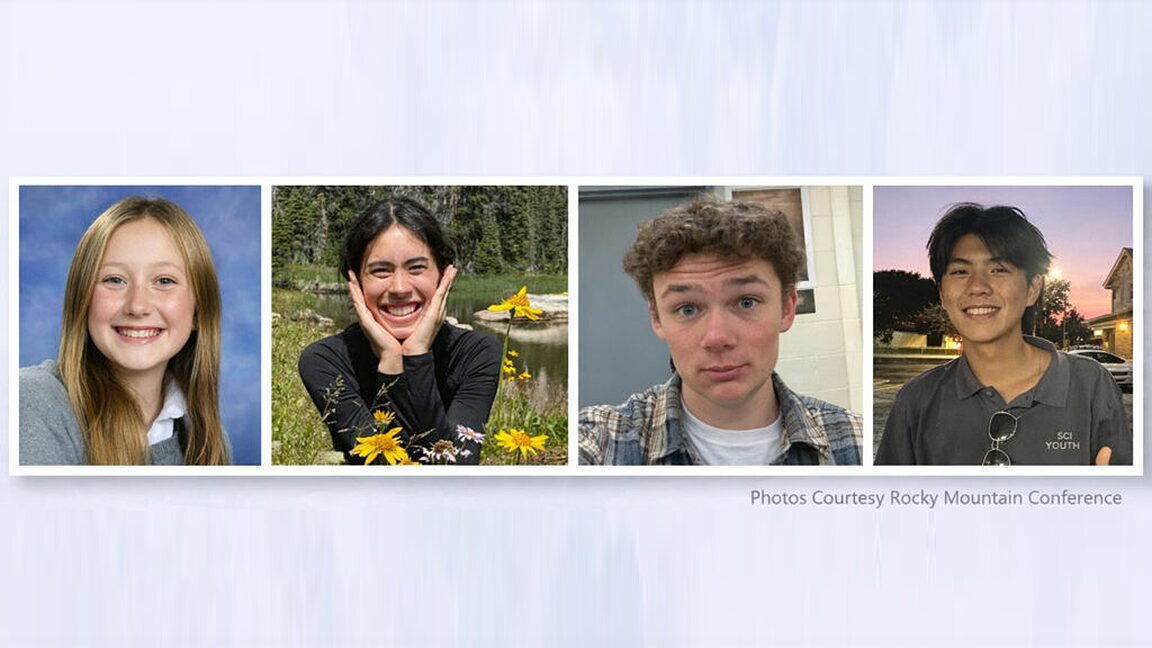Let’s talk about the things we have been reading regarding programs and processes. Those things are all wonderful and necessary. But, if I am going to be honest, I do think we’re not making the progress that heaven has planned for us.
We have preached the same heaven-inspired Gospel in the same way for the last 170 years, and we still have not reached a large portion of the world population who do not know Jesus.
People are busy doing good things, and the devil is plenty pleased if we’re busy doing good things because we lose focus on the ONE thing: JESUS. We need to consider taking this to the next level; busy isn’t enough, and this is why we need to talk about the Holy Spirit.
We know Jesus has told us repeatedly to ask for the Holy Spirit. Now, I’m not saying that those doing this work are devoid of the Holy Spirit because they do have the Holy Spirit. But we don’t have the Holy Spirit power that Jesus wants us to experience. And that comes through the outpouring of the latter rain on the old and young, men and women, as has been prophesized. The Holy Spirit will not be poured out on a mixed multitude. They were all in one place in agreement with the mission: GO (Joel 2:28-29, Acts 2:17-18).
And we cannot deny the reality of the time we are living in. It seems that we are watching in real-time the development of end time events as described in the Book of Revelation. It is aptly described in Revelation Chapter Seven with the four angels holding back the four winds, restraining the devil’s purpose to destroy the earth. The angel is flying swiftly saying don’t let the wind blow, don’t let the devil continue his destruction until the servants of God are sealed in their foreheads.
“The only way in which we can gain a more perfect apprehension of truth is by keeping the heart tender and subdued by the Spirit of Christ … the science of salvation cannot be explained; but it can be known by experience …” (Ellen G. White, Desire of Ages, p. 494.4).
The sealing of the servants of God is accomplished in the final outpouring of the Holy Spirit in the latter rain power (Ephesians 4:30). We have good intentions and have been working really hard, but we need Holy Spirit power:
But you will receive power when the Holy Spirit comes on you; and you will be my witnesses in Jerusalem, and in all Judea and Samaria, and to the ends of the earth (Acts 1:8).
We need to come together and pray and ask for the Holy Spirit. The Holy Spirit is not going to be poured out through us without our asking. It’s not going to just start raining one day. We need to come together in groups and ask. And that is a problem we have because we let too many things separate us. The Holy Spirit brings us into unity. Unity is not conformity. He will change our hearts bringing agreement on the mission and that is “GO.”
“Endowment of Holy Spirit brings unity—but I know that just as soon as the Holy Spirit comes upon hearts, there will be unity in voice and understanding; and wisdom will be given us.” (Ellen G. White. Manuscript 16, 1903. “Unity of Effort.” April 1, 1903.)
I want us to ask Jesus to lift us to His level and let us explore the avenues that have been open for us. We could have been in heaven long ago, so why are we still here on earth?
We are not following the advice that we’ve been given. Ellen G. White says in the devotional Homeward Bound:
“It was not the will of God that Israel should wander forty years in the wilderness; He desired to lead them directly to the land of Canaan and establish them there, a holy, happy people. But ‘they could not enter in because of unbelief.’ (Hebrews 3:19) Because of their backsliding and apostasy, they perished in the desert, and others were raised up to enter the Promised Land. In like manner, it was not the will of God that the coming of Christ should be so long delayed, and His people should remain so many years in this world of sin and sorrow. But unbelief separated them from God. As they refused to do the work which He had appointed them, others were raised up to proclaim the message. In mercy to the world, Jesus delays His coming, that sinners may have an opportunity to hear the warning and find in Him a shelter before the wrath of God shall be poured out.” {HB366.3}
Now IS the time to come together and ask for the Holy Spirit, but many are afraid that the Holy Spirit will make us do something we don’t want to do. We are afraid of the Holy Spirit because we’re not in charge.
Look at how few people we have that are willing to go as missionaries. And then we need to train them. Our academies, colleges, and universities need to be training centers for missionaries. We need people that are willing to say, “Here am I, send me.”
So, where are the missionaries?
In 1904, P.T. Magan received an offer from Dr. John Harvey Kellogg to take charge of stock sales for his Corn Flakes business. That could have made him a millionaire, but he decided to be a missionary instead. Corn Flakes is a good and noble endeavor, but it wasn’t spreading the Gospel. So, he decided instead of making money, he would help people find Jesus. We are privileged being invited to participate.
And God wants to use the talents that He has given to individuals. But, if those whom He gave the talents won’t use them, He will develop others. He is going to equip the willing.
“The Lord can do more in one hour than we can do in a whole lifetime, and when He sees that His people are fully consecrated, let me tell you, a great work will be done in a short time, and the message of truth is to be carried into the dark places of the earth, where it has never been proclaimed.” (E.G. White. Fifth Manuscript Release, “Inspired Thoughts to Move Your Heart,” December 26. p.347.3.)
Recalibrate:
“It is all-essential for the Christian to understand the meaning of the promise of the Holy Spirit just prior to the coming of our Lord Jesus the second time. Talk of it, pray for it, preach concerning it; for the Lord is more willing to give the Holy Spirit than parents are to give good gifts to their children.” (Ellen G. White. The Review and Herald, November 15, 1892.)
If we consider the biblical story of Nehemiah, we see a narrative of resisting opposition to fulfill the call from God, Nehemiah saying, I am doing a great work, and I cannot come down (Nehemiah 6:3).
What distractions are trying to pull you off your wall?
What might you be resisting right now?
When was the last time you asked for the Holy Spirit?
—Ted Williams is the district pastor of Trinidad, Alamosa, and Monte Vista Seventh-day Adventist Churches. Photo by Liz Kirkland via Adobe Firefly.


